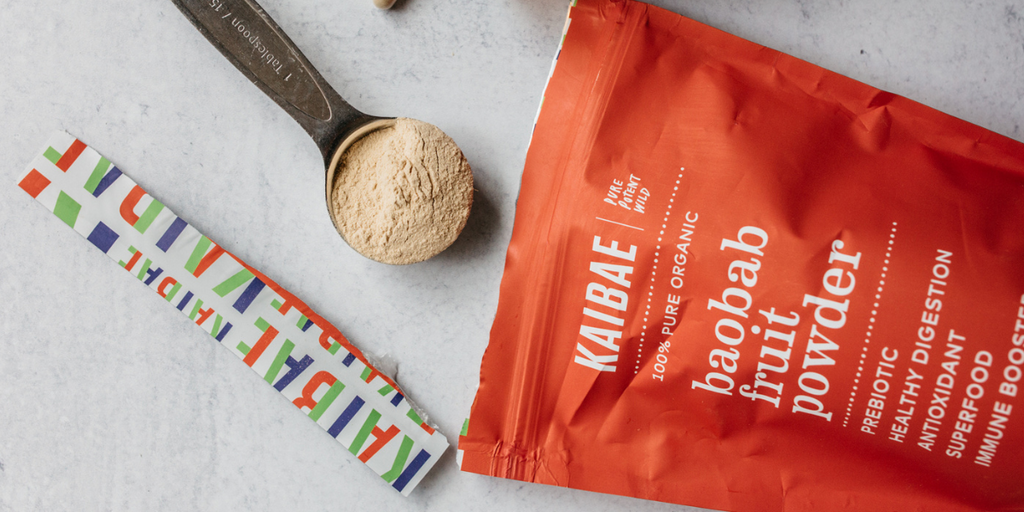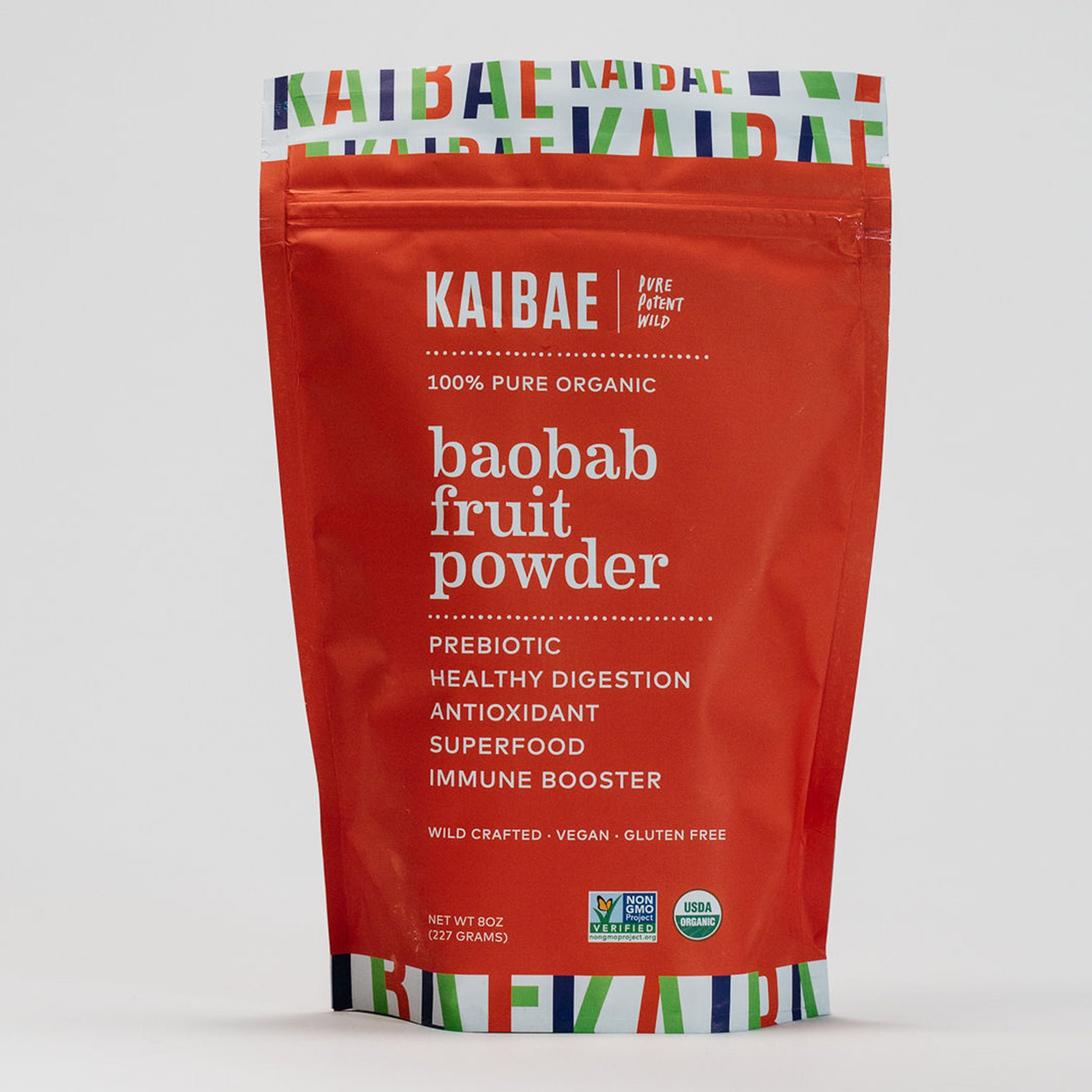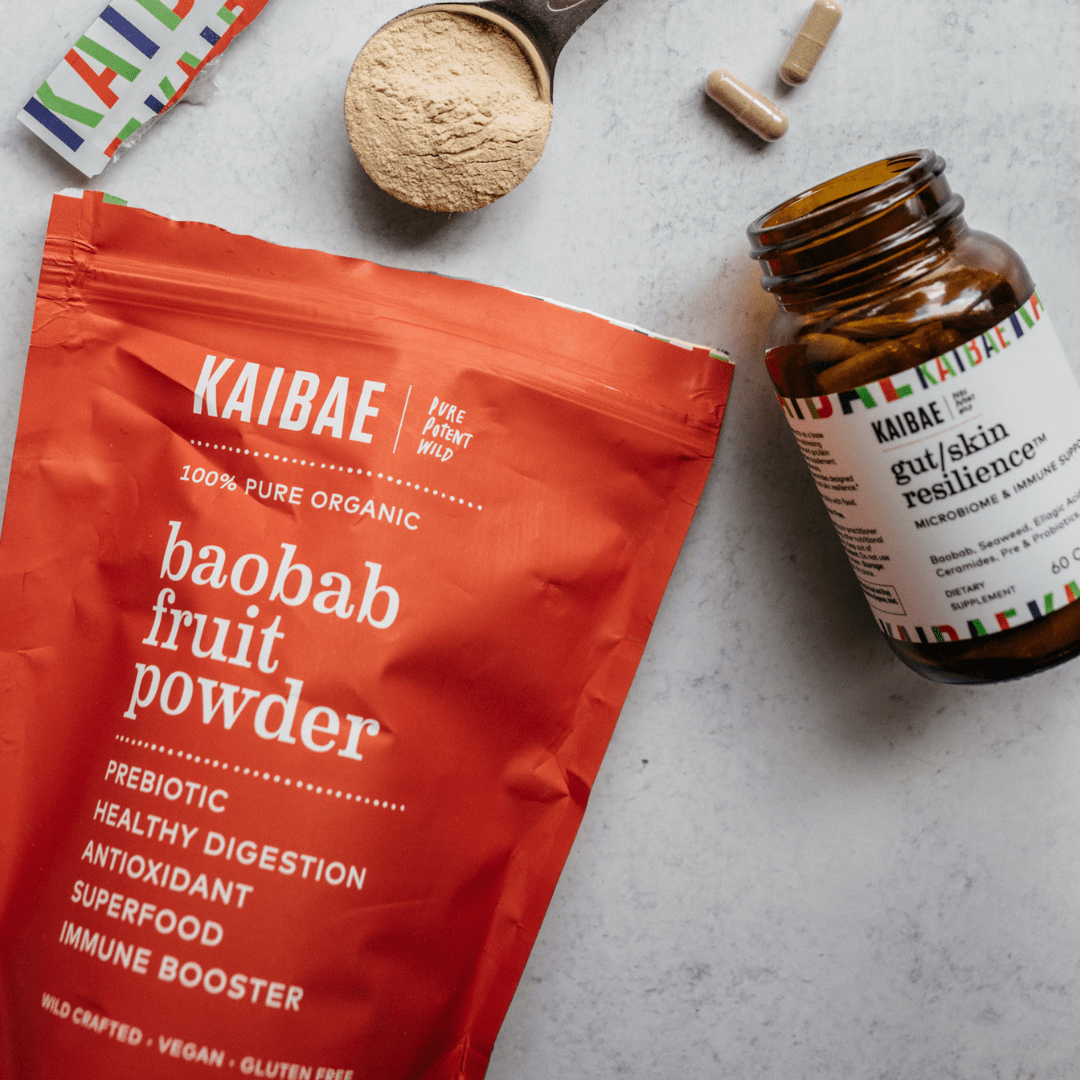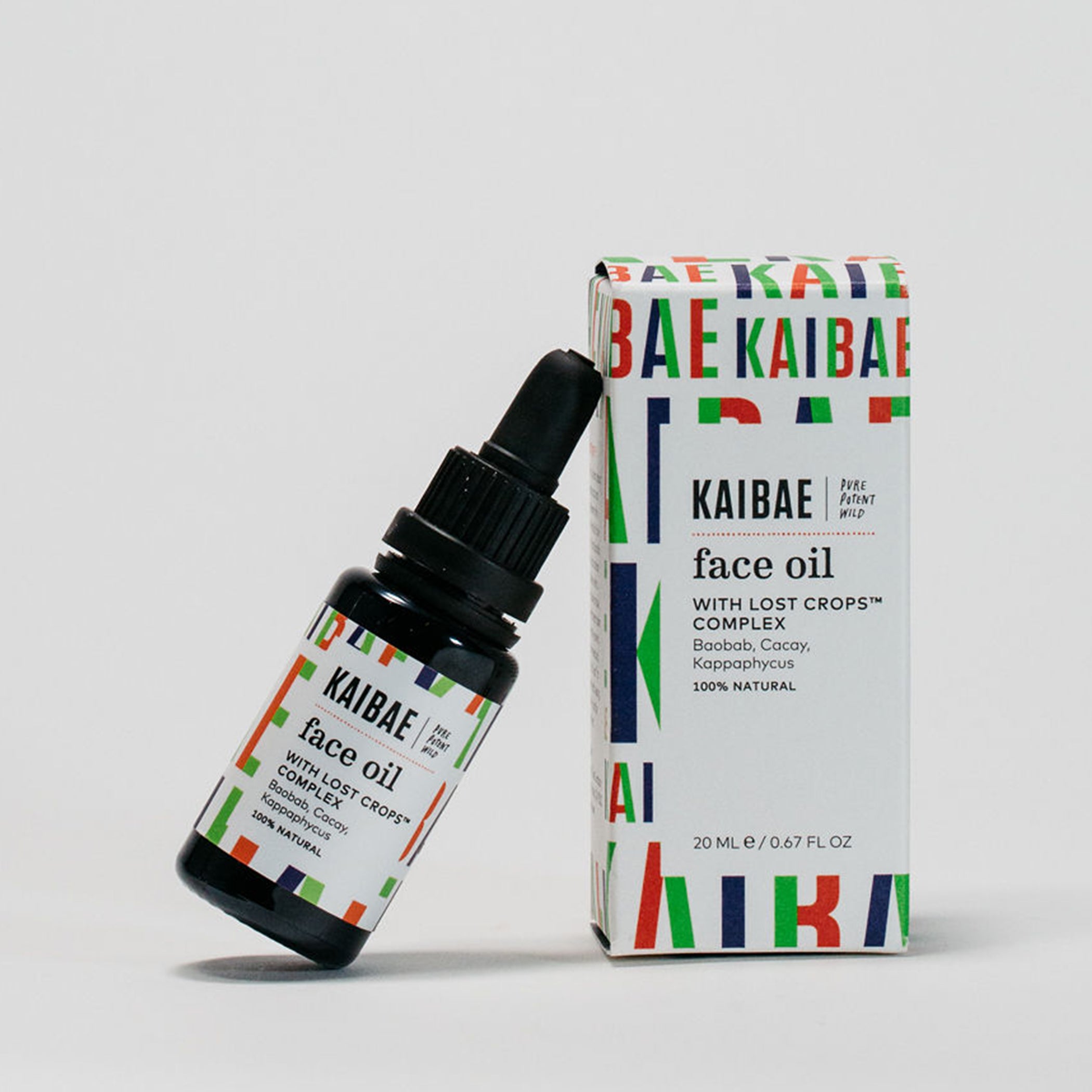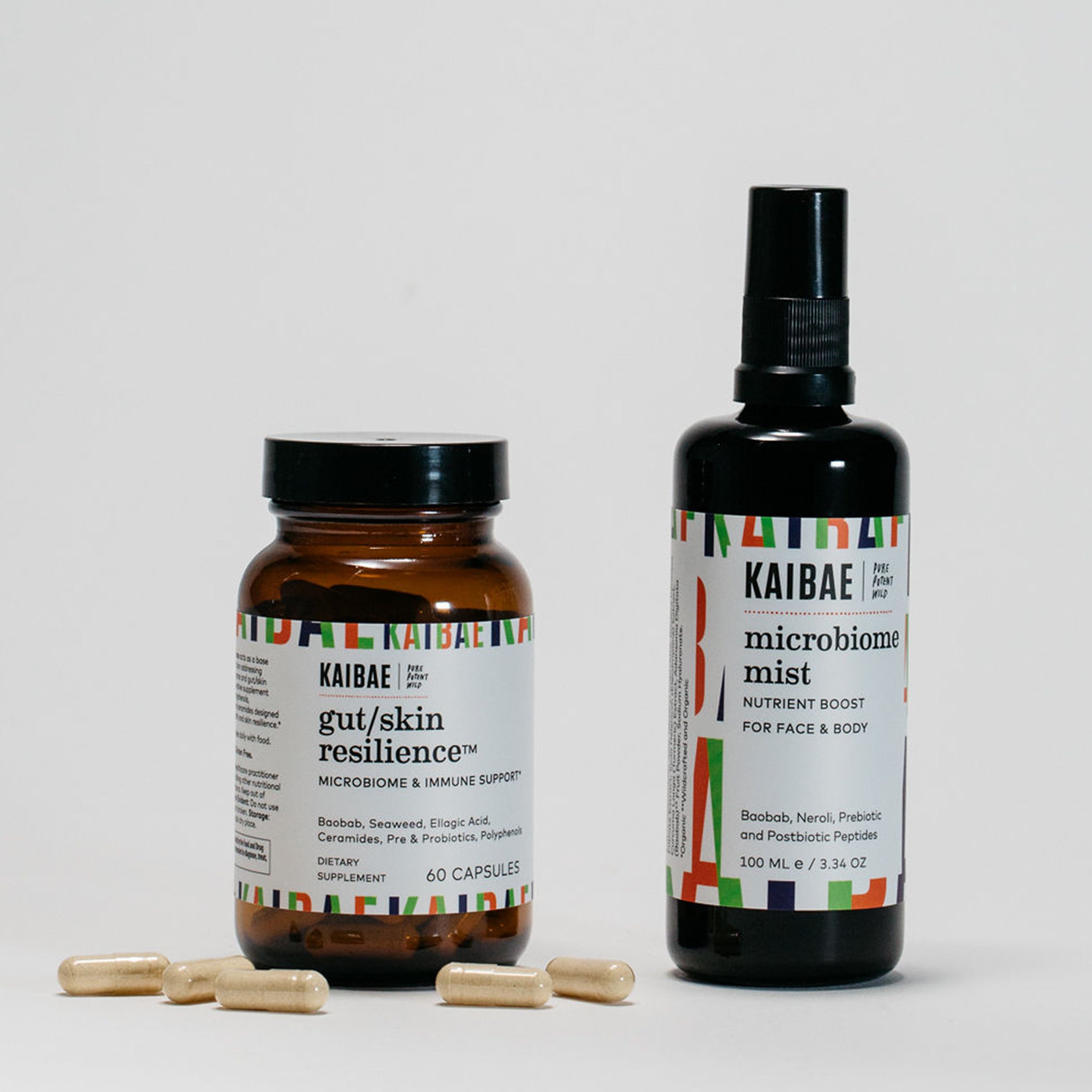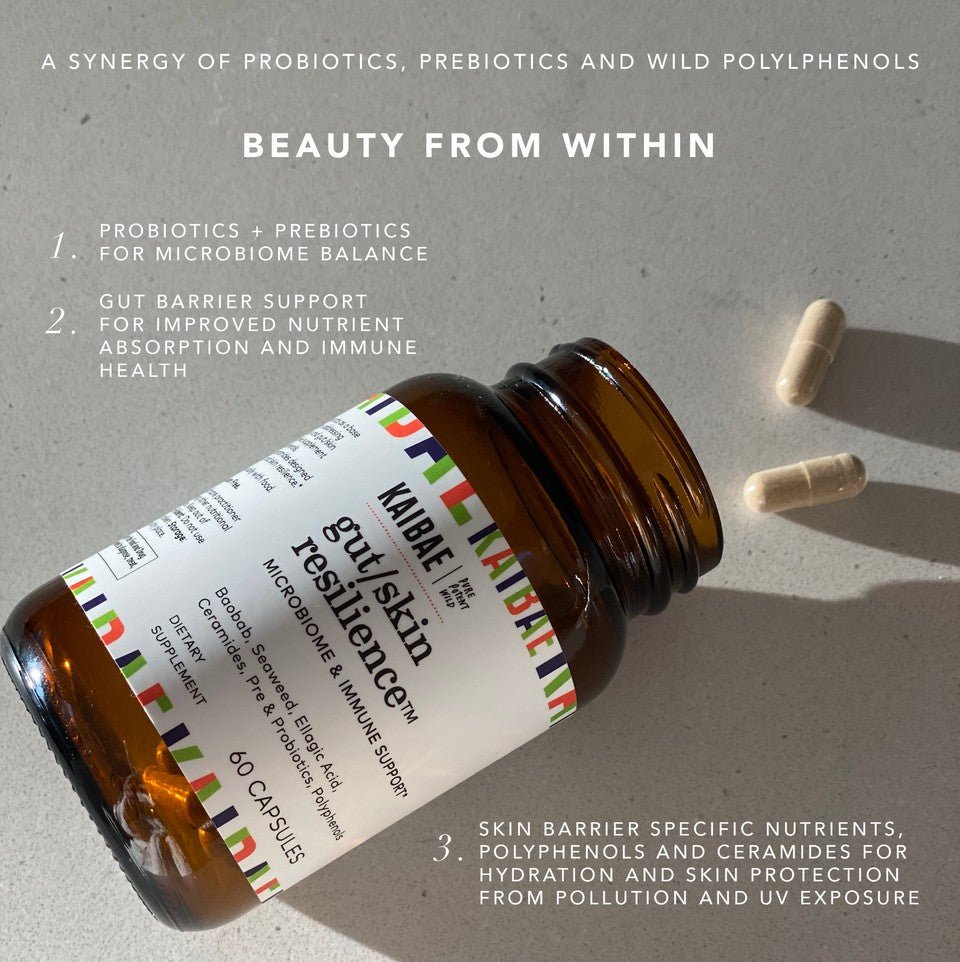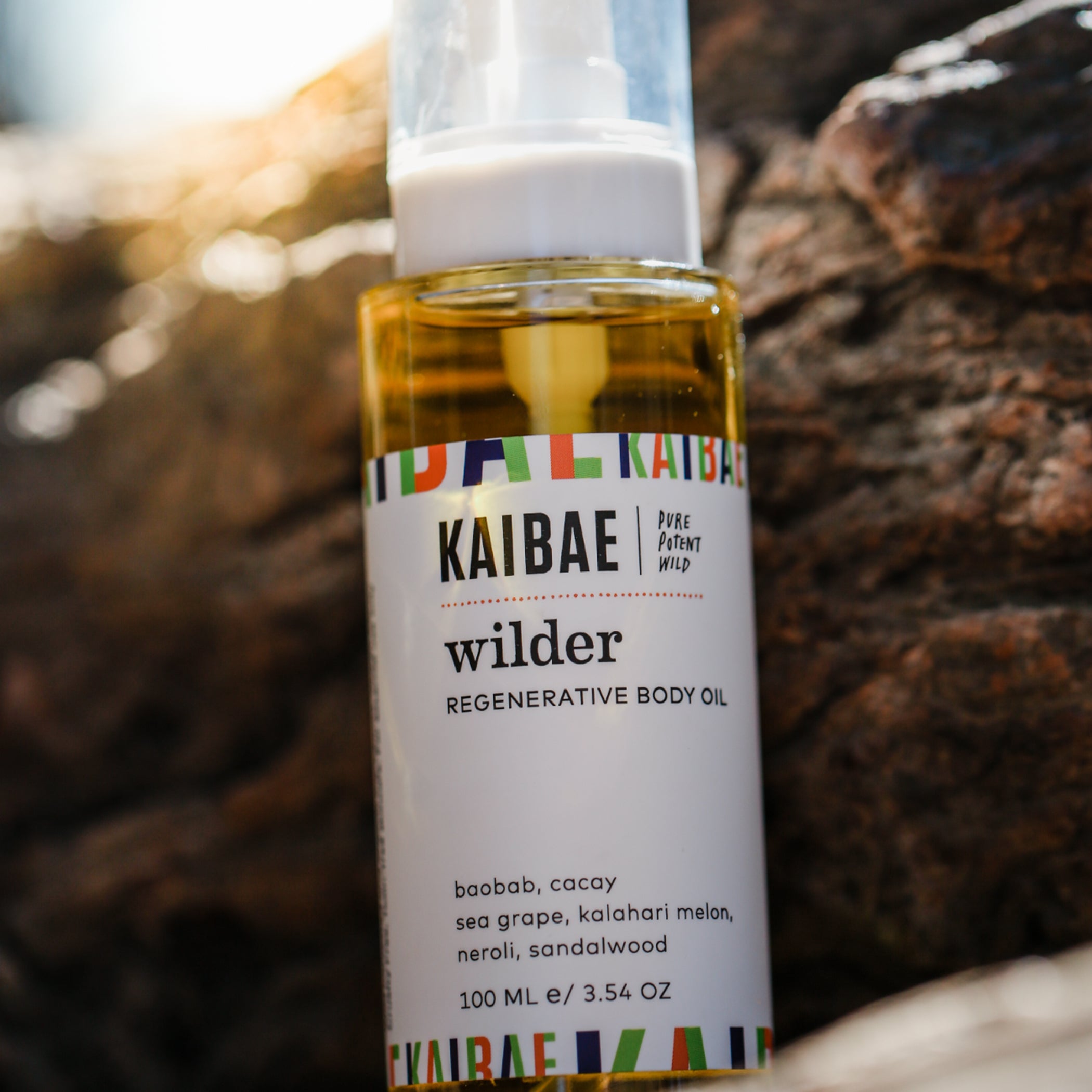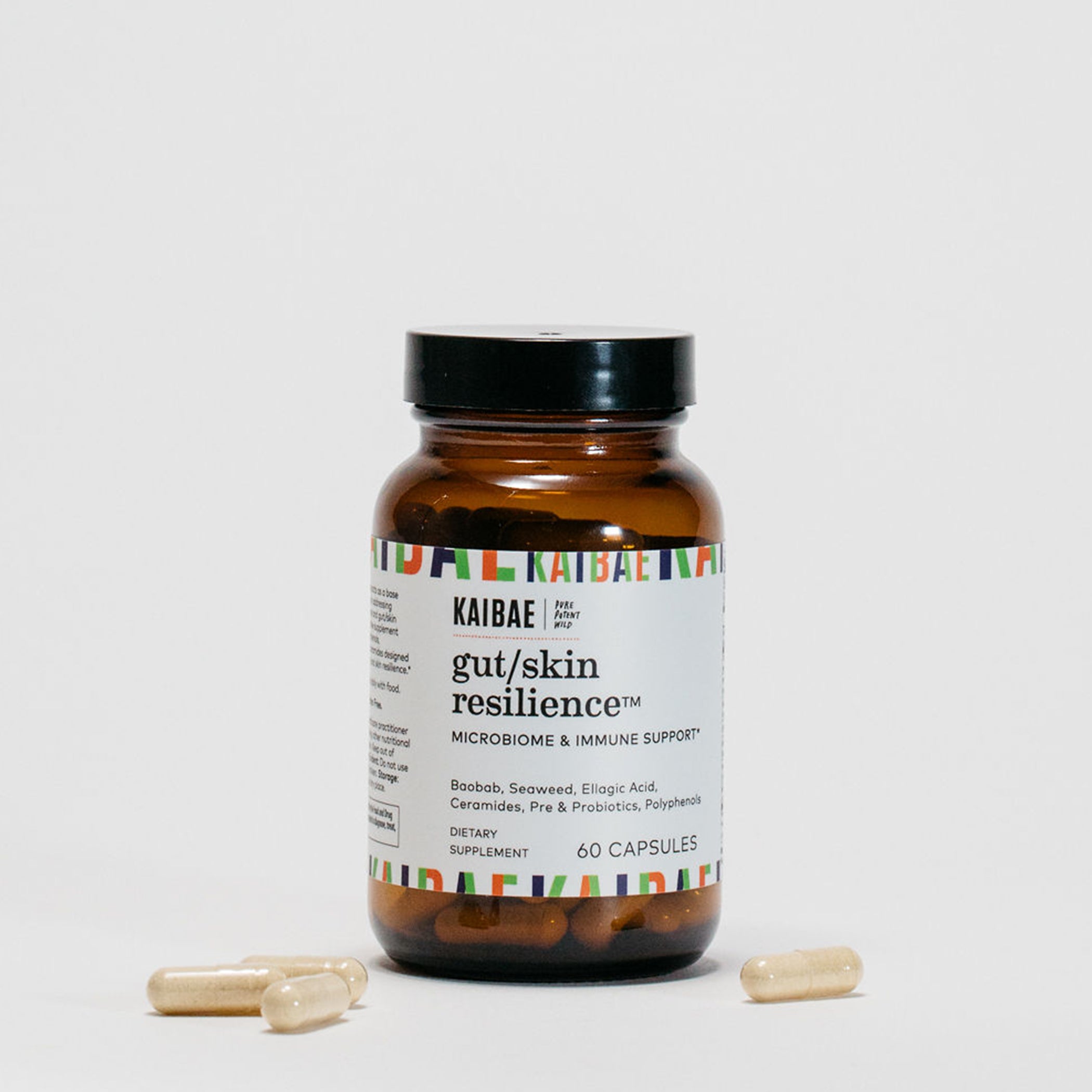What is a Leaky Gut and How to Avoid It

How does a leaky gut affect my health?
The gut separates our internal milieu from the outside environment and protects us from absorbing harmful substances into the bloodstream. The intestinal wall is constantly exposed to food and microorganisms, some harmful and others beneficial. A disruption in the integrity of the gut barrier leads to leaky gut syndrome allowing toxic metabolites to enter the blood stream. Studies show that leaky gut syndrome contributes to a wide variety of chronic diseases including diabetes, rheumatoid arthritis, multiple sclerosis and celiac disease. Let's look at the gut barrier in a bit more detail.
What is the gut barrier?
The gut barrier consists of a layer of mucus and intestinal cells. The mucus layer acts as a coating that covers cells in the intestinal wall and directs bacteria and toxins into the intestinal flow. The intestinal mucus layer controls the transfer of water and nutrients to the deeper intestinal cell layer as a first line of defense against harmful compounds.
Gut microbiota are essential to maintaining a healthy mucus layer. The thickness and formation of a protective mucus layer in the small and large intestines depends on the balance of bacteria that form mucus and bacteria that degrade mucus.
When the gut microbiome is out of balance, an increase in mucus-degrading bacteria makes the gut barrier more vulnerable to harmful microorganisms, which can enter the bloodstream disturb the immune system and lead to infection and inflammation.
A single-cell layer separates the contents of the intestines from the rest of the body. The intestinal epithelium supports mucin production, renewing itself every 3–5 days in order to eliminate infected cells. Inside a healthy intestinal wall, cells are held together tightly. However, inflammatory messengers irritate the gut and cause the cells to move apart.
What is Leaky Gut Syndrome?
Leaky gut syndrome describes a breakdown of healthy gut barrier function where cells can not maintain these tight junctions, allowing microorganisms and their toxins to “leak” into the bloodstream. This may trigger inflammation and changes in the gut flora, which leads to problems within the digestive tract and affects overall health. Studies show that modifications in the intestinal bacteria and inflammation may play a role in developing several common chronic diseases.
Symptoms of Leaky Gut Syndrome:
-
Chronic digestive distress, including diarrhea, constipation, and bloating
-
Nutritional deficiencies, food allergies
-
Seasonal allergies and asthma
-
Hormonal Imbalances, including premenstrual syndrome and menopause
-
Fatigue and fibromyalgia
-
Headaches
-
Difficulty concentrating, depression, anxiety, and ADD.
-
Skin problems, such as acne, rashes, eczema, psoriasis
-
Joint pain
-
Autoimmune disorders such as rheumatoid arthritis and celiac disease
What causes Leaky Gut Syndrome?
A diet that includes sugar, fat and processed foods disrupts a balanced gut microbiota and impairs the colonic mucus layer. Food additives in processed foods reduce mucus layer thickness and promote intestinal inflammation. Eliminating these substances from your diet is therefore essential in the maintenance of a healthy gut barrier.
Stress
Repeated stress raises cortisol which increases gut permeability, promotes dysbiosis, encouraging bacterial toxins to enter the bloodstream. As a results stress makes us more susceptible to infection and slows the recovery from illness.
Toxins
When the gut is out of balance, harmful bacteria produce lipopolysaccharides, toxins that move into the bloodstream and cause inflammation. What may not seem obvious, environmental pollution can also damage the integrity of the gut lining and contribute to autoimmune disease.
Antibiotics
Antibiotics change the composition of the gut microbiome. Antibiotic exposure has been linked to diseases such as obesity and diabetes. The gut microbiome produces short-chain fatty acids (SCFAs) through the fermentation of dietary fibers. Antibiotics can disrupt this process, affecting SCFA levels. SCFAs play a role in maintaining gut health and have systemic effects on the body.
How can I test for leaky gut syndrome?
To learn if you have leaky gut syndrome you can work with your naturopathic or integrative physician. Most of these tests listed below can be obtained on the web and performed at home.
Gut Microbiome Analysis: A microbiome test examines the gut flora in a sample of an individual's stool. The test identifies the different kinds of bacteria in their GI tract and can serve as a guide to the health of your gut microbiome.
Lactulose/mannose Test: This assay measures the ability of two non-metabolized sugar molecules—lactulose and mannitol—to permeate the intestinal mucosa.
Zonulin Test: Evaluates dysbiosis and intestinal permeability. Zonulin increases intestinal permeability in the jejunum and ileum and is considered a biomarker for barrier permeability.Elevated zonulin levels are associated with Leaky Gut SYndrome, and have been linked to a number of conditions such as celiac disease, type 1 diabetes, and inflammatory bowel disease.
Calprotectin Test: A stool test that is used to detect inflammation in the intestines.Some bacterial infections, and in people with inflammatory bowel disease (IBD), it is associated with disease activity and severity.
Short Chain Fatty Acids Test: Includes butyric Acid, Acetic acid , propionic acid which serve as fuel for all cells that play a vital role in gut barrier function and immune regulation.
How can I take care of my gut?
It is clear that a healthy gut barrier is central to good digestion and the absorption of nutrients. You can start supporting your gut health by taking inventory of your daily food intake, your physical activity and your mental emotional state.
What foods do I avoid with leaky gut syndrome?
- Sugar, dairy and alcohol
- Bread, pasta, wheat, gluten
- Processed meats, cold cuts
- Baked cookies, pastries, cakes
- Junk Food and fast food
- Artificial sweeteners
- Refined Oils
What to eat with leaky gut syndrome?
The key to a healthy gut barrier is to maximize the production of short chain fatty acids, which can be accomplished by boosting our diet with anti inflammatory foods, probiotics and prebiotic fiber. Short Chain fatty acids include butyrate, propionate and acetate. Butyrate for example is a critical source of energy for the intestinal cells, adding resilience to the effect of harmful bacteria.
DIET
The Mediterranean diet rich in anti-inflammatory foods, includes fruits, vegetables, fish, and small amounts of meat. Research shows that the Mediterranean diet improves gut health and leaky gut syndrome.
PREBIOTICS
Prebiotic fiber is a soluble fiber found in fruits and vegetables. They are fermented by the intestinal microbiota that promote with health and well-being. Some plants contain more prebiotic fiber than others, Baobab fruit powder is exceptionally rich in prebiotic fiber, enjoyed throughout Africa in foods and beverages for centuries and used traditionally to alleviate digestive complaints.
PROBIOTICS
Probiotics help restore gut microbiome health and the integrity of your gut lining. Increasingly we are learning that adding specific probiotics to our diet can benefit athletic performance, mood and immune function.
L-GLUTAMINE
An amino acid that plays a crucial role in the human body, including in the gut.
L-Glutamine helps protect and repair the gut lining, reducing the risk of leaky gut syndrome. L-glutamine supplements are used in the management of certain gastrointestinal conditions, including irritable bowel syndrome (IBS).
BAOBAB FRUIT POWDER
This nutrient-rich superfood provides 3 in 1 gut support. Rich in vitamin C, Prebiotic Fiber and Polyphenols. With Leaky gut there is a gradual deterioration of the lining of the gut, a degeneration of connective tissue and collagen. Vitamin C is an important nutrient that supports collagen health. In addition to being rich in prebiotic fiber. Baobab contains 6 times more Vitamin C than citrus and an abundance of flavonoids, polyphenols that reduce inflammation and improve gut microbiome health.
Learn More about the Gut Boosting Benefits of Baobab Fruit
Key Takeaways
- The gut barrier keeps harmful bacteria and toxins at bay and helps in the prevention of chronic inflammation and disease.
- A Leaky Gut develops when the gut barrier breaks down and can lead to serious chronic conditions such as Ulcerative colitis, cardiovascular, neurologic and auto immune disorders.
- Improving dietary choices, including regular physical activity, and reducing stress greatly benefit gut barrier health.




